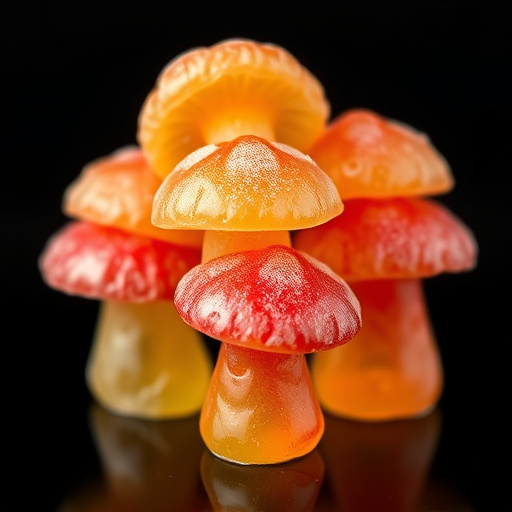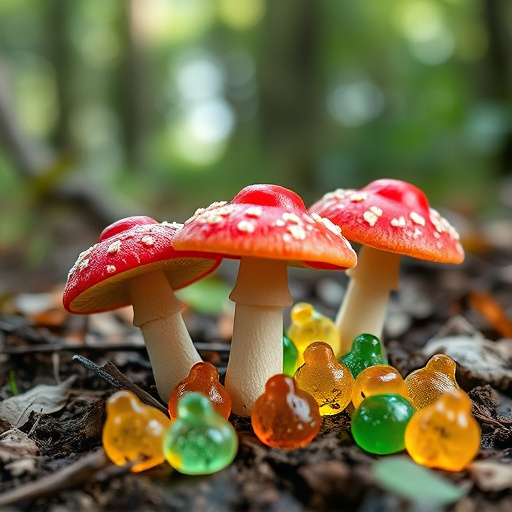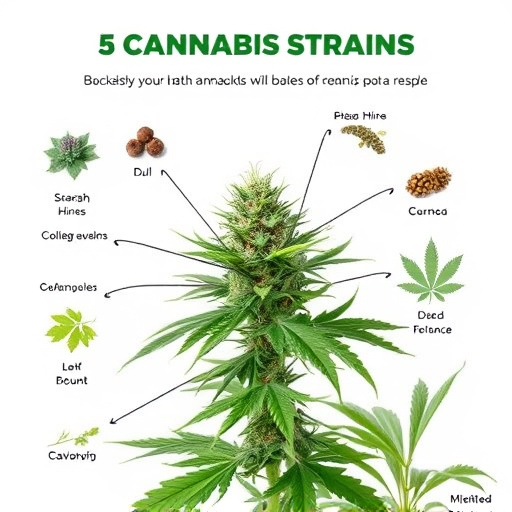Identifying cannabis strains with specific chemical profiles is crucial for effectively managing mental health concerns. High-CBD strains reduce anxiety and promote relaxation, while unique terpenes may aid conditions like depression and PTSD. However, cannabis isn't a universal solution, and its safety and legality require careful consideration. Consulting healthcare professionals before use is essential, focusing on high-CBD, low-THC strains for safety. Legal availability varies by region, highlighting the importance of expert guidance in navigating mental health improvement through cannabis.
Can cannabis flower be a game-changer in managing mental health? This article explores the potential therapeutic benefits of various cannabis strains, delving into their unique properties and how they interact with our minds. From understanding the science behind different strains to navigating legal considerations, we uncover specific varieties that may offer relief for anxiety, depression, and more. Learn about identifying cannabis strains tailored to individual mental health needs, promoting a holistic approach to well-being.
- Understanding Cannabis Strains and Their Therapeutic Properties
- Mental Health Benefits of Specific Cannabis Flower Varieties
- Navigating Safety and Legal Considerations for Use
Understanding Cannabis Strains and Their Therapeutic Properties
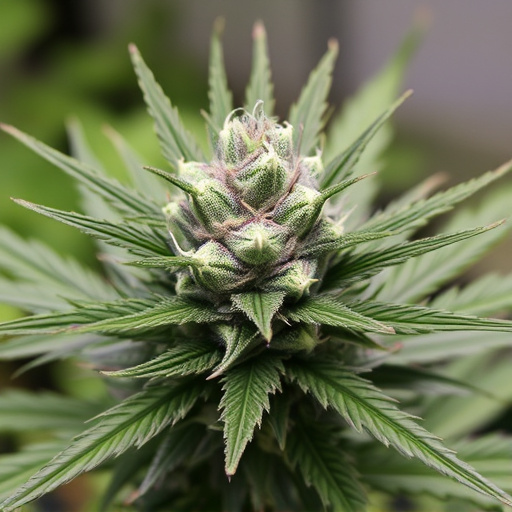
Cannabis flowers offer a range of therapeutic benefits, and understanding different strains is key to identifying those best suited for improving mental health. Each strain possesses unique chemical profiles, characterized by varying levels of cannabinoids like THC and CBD, as well as terpenes, which contribute to their distinct aromas and effects. For example, high CBD strains are often recommended for anxiety and stress reduction due to their calming properties without the psychoactive effects of THC. In contrast, balanced THC-CBD strains may provide more robust mood elevation and cognitive support.
When considering cannabis for mental health purposes, it’s crucial to consult professionals who can guide you in selecting appropriate strains based on individual needs. They can help navigate the vast variety available, ensuring a personalized approach to treatment. By understanding the therapeutic properties of different strains, individuals can make informed decisions, enhancing their journey towards improved mental well-being.
Mental Health Benefits of Specific Cannabis Flower Varieties
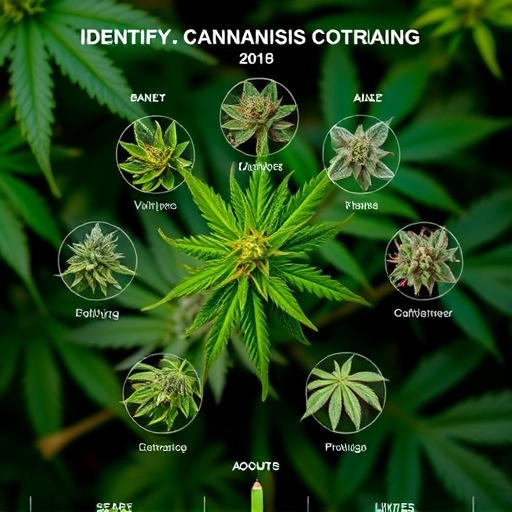
Different cannabis flower varieties, or strains, offer unique chemical compositions that can target specific mental health concerns. For example, strains high in cannabidiol (CBD) have gained attention for their potential to reduce anxiety and promote relaxation. CBD interacts with the endocannabinoid system, which plays a role in regulating mood and stress responses.
Identifying cannabis strains with higher levels of CBD or other therapeutic compounds can help individuals find relief from symptoms associated with conditions like depression, post-traumatic stress disorder (PTSD), and general anxiety disorder. Research suggests that specific terpenes present in certain strains may also contribute to their mental health benefits. Terpenes are aromatic compounds that not only give cannabis its distinct smells but also interact with the brain’s receptors, influencing mood and cognitive functions.
Navigating Safety and Legal Considerations for Use
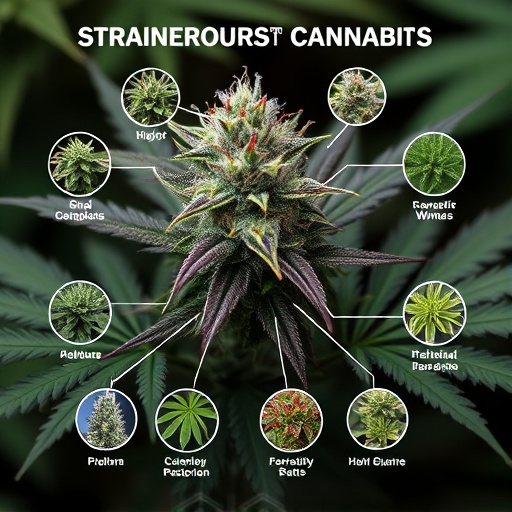
Navigating the safety and legal considerations for using cannabis for mental health purposes is essential. It’s crucial to remember that while some studies suggest potential therapeutic benefits, cannabis is not a one-size-fits-all solution. The impact of cannabis on mental health can vary greatly depending on individual factors such as genetics, overall health, and existing conditions. Therefore, it’s important to consult with healthcare professionals before considering its use.
Identifying cannabis strains that are high in CBD (cannabidiol) and low in THC (tetrahydrocannabinol) is a key step in ensuring safety. CBD has been linked to positive effects on anxiety and depression without the psychotropic effects associated with THC. Legally, the availability of specific cannabis strains and their regulations vary by region, so understanding local laws and seeking guidance from medical experts is vital to make informed decisions regarding its use for mental health improvement.
Cannabis flower, with its diverse strains and therapeutic properties, shows promise in improving mental health. Understanding specific varieties and their unique effects is crucial when navigating safety and legal considerations. By identifying cannabis strains tailored to individual needs, one can potentially find relief from anxiety, depression, and other mental health conditions. However, further research is needed to fully explore and regulate its use for optimal well-being.



